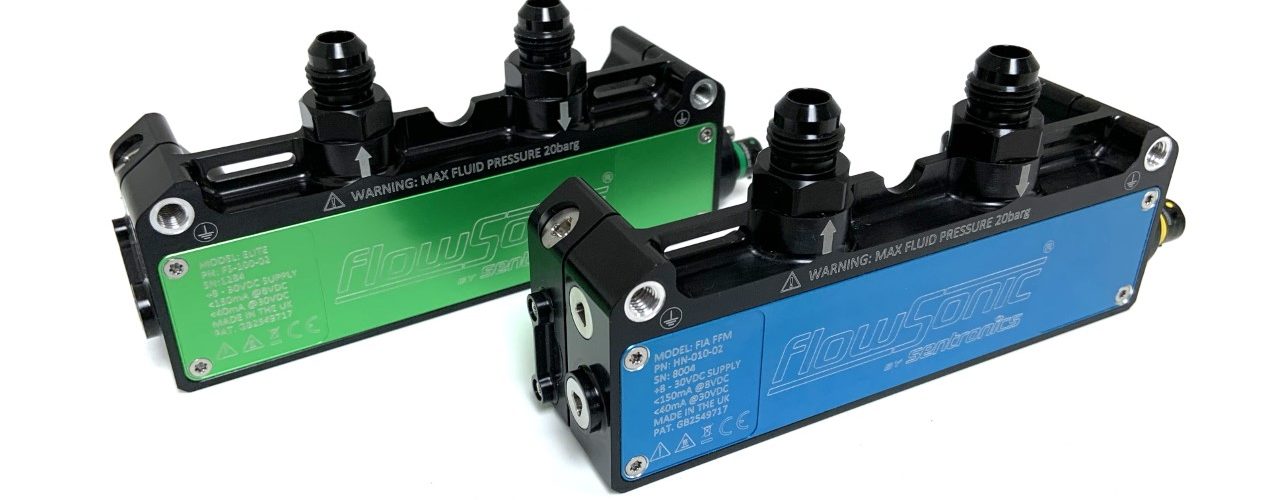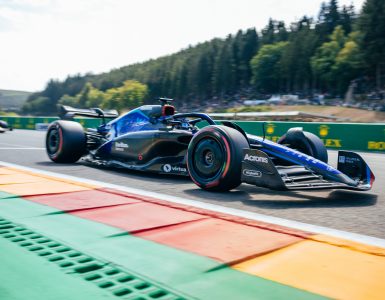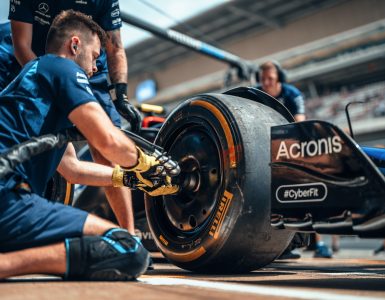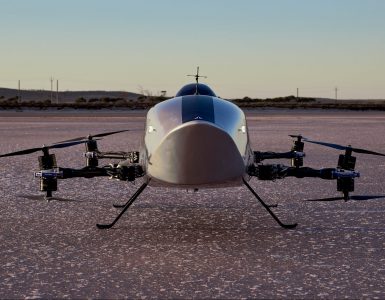Sentronics Limited has announced that it will continue as official supplier of fuel flow measurement technology for the FIA Formula 1 World Championship for the 2023, 2024, and 2025 seasons.
The UK-based company has been the supplier of fuel flow measurement since 2018 and will now continue in its role of providing the separate ‘Team’ and encrypted ‘FIA’ fuel flow meters which make up the dual-sensor package for the next three seasons.
Since the 2020 season, these separate ‘Team’ and encrypted ‘FIA’ fuel flow meters have been a mandatory requirement, the team sensors also available to F1TM power unit manufacturers and fuel suppliers for research and development use.
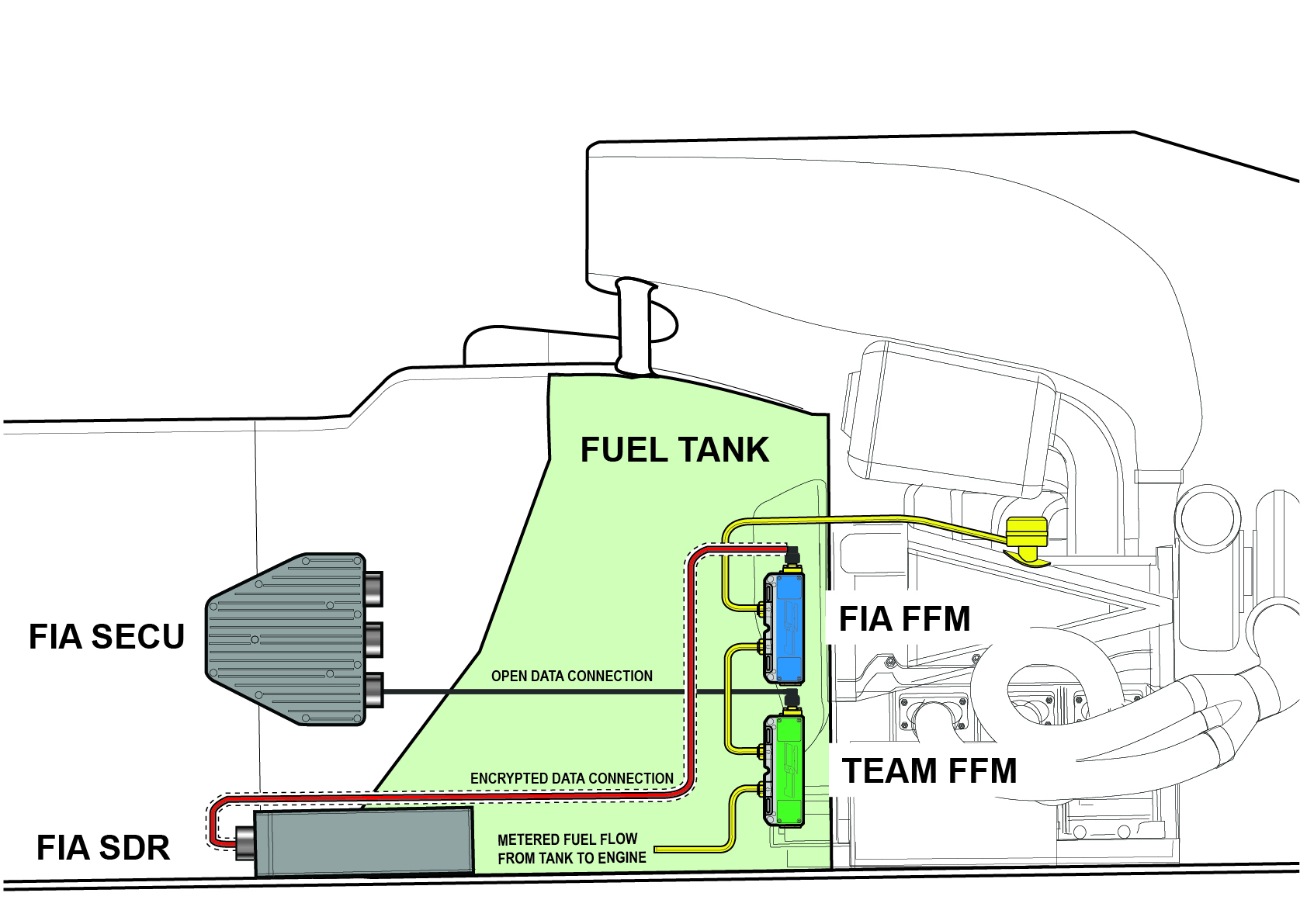
READ ALSO: Encrypted Flow Sensor extends Fuel Flow Monitoring in Formula 1 2020
This measure was a response to a controversy during the 2019 season, when Red Bull Racing requested an FIA clarification into Ferrari’s seemingly sudden increase in straight line speed.
Although the investigation ultimately failed to prove any wrongdoing beyond doubt, Motorsport Technology tech expert Craig Scarborough highlighted several ways in which the old system may have been open to manipulation, including electrical signal manipulation or adjusting the output of the FFM.
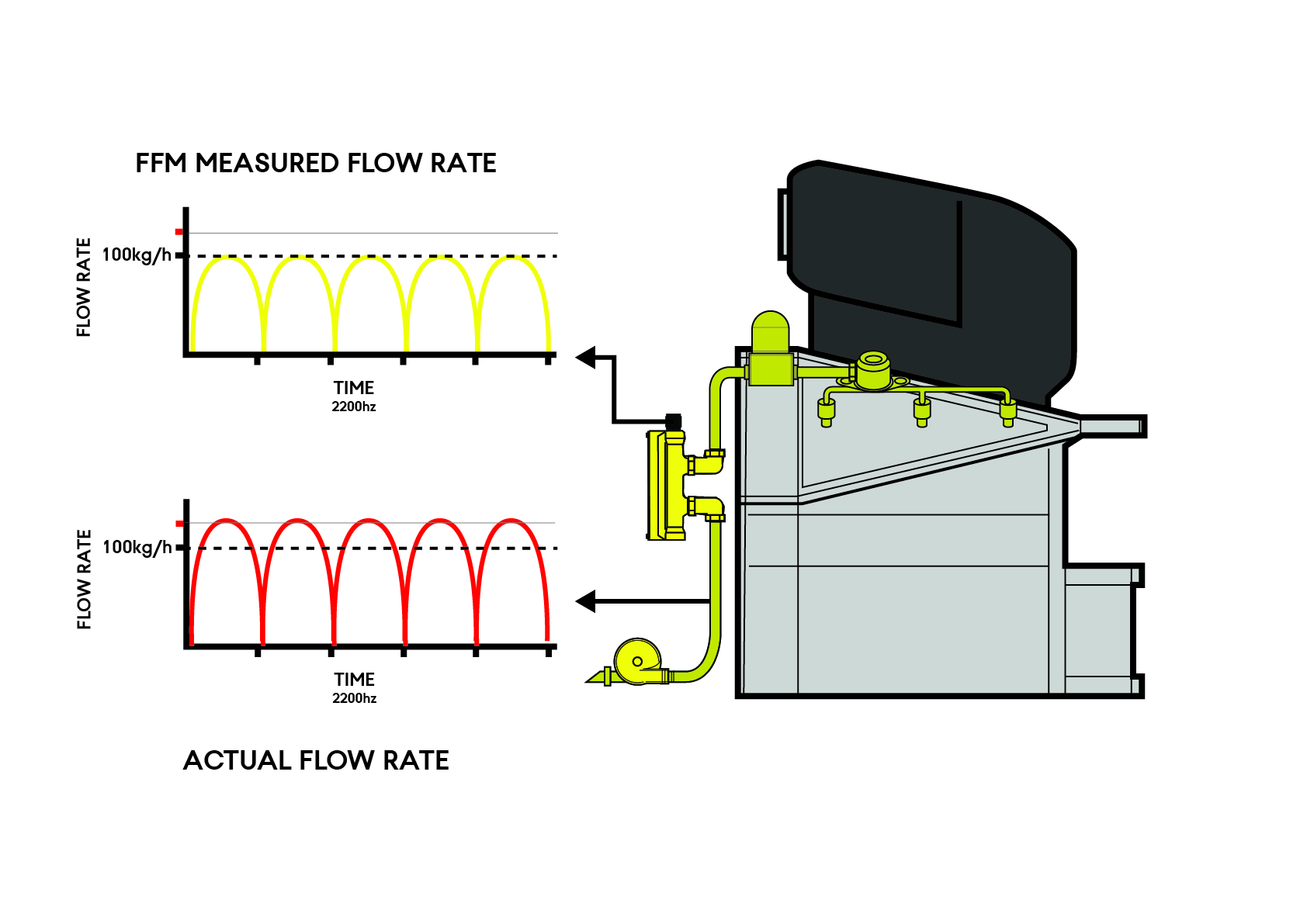
In 2020, this became impossible, the signal from the FIA FFM now using encryption and anti-aliasing technology to prevent teams being able to use a feedback process to ensure the peaks of the fuel flow aren’t recorded.
READ ALSO: ‘Fuel Flow Gate’ – Did Ferrari attempt to trick the system and, if so, how could it be done?
“We have significantly evolved our products over the last few years to equip our F1TM and other motorsport customers with outstandingly accurate and reliable sensors that perform in the most demanding environments,” commented Neville Meech, Managing Director of Sentronics.
“Our technology not only supports the FIA’s enforcement of its regulations but has also played an important R&D role in allowing teams, power unit suppliers, and fuel producers to improve engine efficiency where every bit of fuel counts.”

